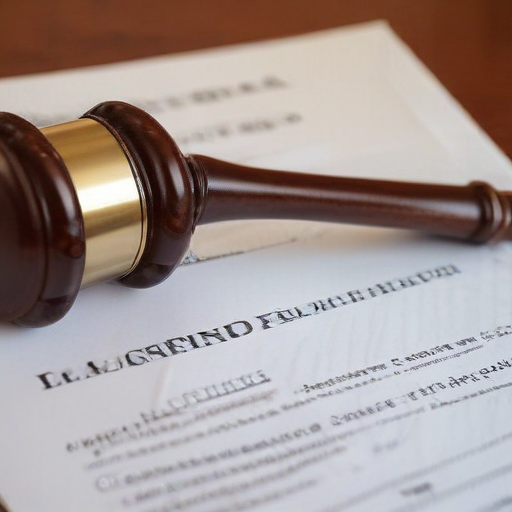Nikki Fried, who leads the Florida Democratic Party, recently expressed concerns that Florida may be setting a troubling precedent for the rest of the United States through what she describes as “Project 2025.” This agenda, rooted in ultra-conservative policies backed by former President Donald Trump’s allies, manifests in various forms—including book bans, authoritarian measures, and political retaliations—which Fried argues pose significant risks to democracy.
Fried contended that the governance style emerging in Florida is a harbinger of things to come for the nation, cautioning that the power dynamics have shifted from Washington D.C. to Trump’s Mar-A-Lago estate. She articulated a sense of urgency, warning that Americans nationwide might soon face the same extreme policies that Florida has grappled with over recent years.
In light of these developments, Fried reassured constituents that Florida Democrats are gearing up to resist what they perceive as dangerous right-wing ideologies at both the state and national levels. The assertive pushback by state Democrats could be pivotal in shaping future policy directions and safeguarding democratic values.
Overall, Fried’s comments underscore an ongoing battle between liberal and conservative ideologies in America, with Florida at the center of this national conversation. Through proactive engagement and advocacy, Democrats aim to counteract the rising tide of extremism that Fried fears may spread beyond Florida’s borders.
This situation not only highlights the political divides within the country but also reflects the importance of grassroots movements in protecting democratic principles, a hopeful reminder that collective action can potentially steer the course of governance in a more moderate direction.
